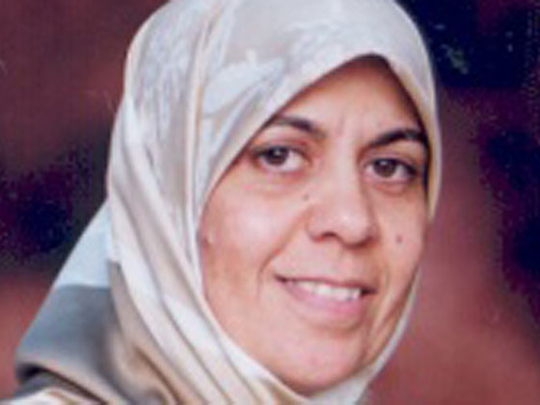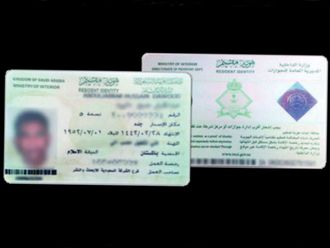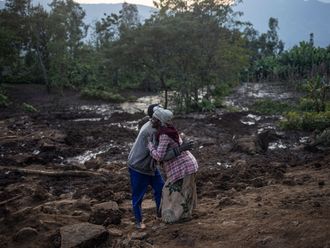
Manama: A Bahrain women's rights group has stepped up pressure to make the citizenship issue among the top priorities in the application of the Convention on the Elimination of All Forms of Discrimination against Women (CEDAW).
"Temporary solutions or measures in addressing this critical issue and alleviating the suffering of Bahraini woman married with foreigners are not enough and will not help lift the ban on passing on the citizenship," Wajeeha Al Baharna, the coordinator of the national campaign for citizenship, has said.
"There is an urgent need to amend Article Four of the Bahrain Citizenship Law in lines with Bahrain's constitution and CEDAW to empower Bahraini women to get their rights as full citizens without any discrimination or bias," she said in a letter to the Women and Children Committee in the upper chamber, lobbying for greater support.
Under the law, Bahraini women do not have the right to transmit citizenship to their children, a clause that has left several children born to Bahraini mothers and non-Bahraini fathers without the Bahraini citizenship and the social, economic, and civil rights associated with it.
In July last year, the government endorsed a resolution from the lower chamber of the bicameral parliament to extend government fee exemptions to children of Bahraini women married to foreigners. The exemptions included fees for government-provided education and health services and for renewing residence permits.
The move was welcomed as a "positive step" by the Bahrain Women Association, coordinator of the citizenship campaign. However, activists said that the failure of amending the citizenship law and the inability of Bahraini women to transmit their citizenship meant that their sons and daughters had "painfully limited options" in opportunities for employment, scholarships, housing, and political participation.
"Our campaign for women's citizenship rights is based on the premise that women in Bahrain, and according to the constitution, should have full rights. There is a necessity to honour the text of the constitution and the commitment to all international agreements," said Al Baharna, also the deputy president of the Bahrain Women Association.
Bahrain joined CEDAW in 2002, but expressed five reservations about articles 2, 9, 15, 16 and 29, citing clashes with Sharia law, Islamic principles and social traditions.
However, several women's rights activists have been campaigning for the lifting of the reservations, claiming that they were hindering women from getting their full rights.










_resources1_16a30b3523c_small.jpg)

